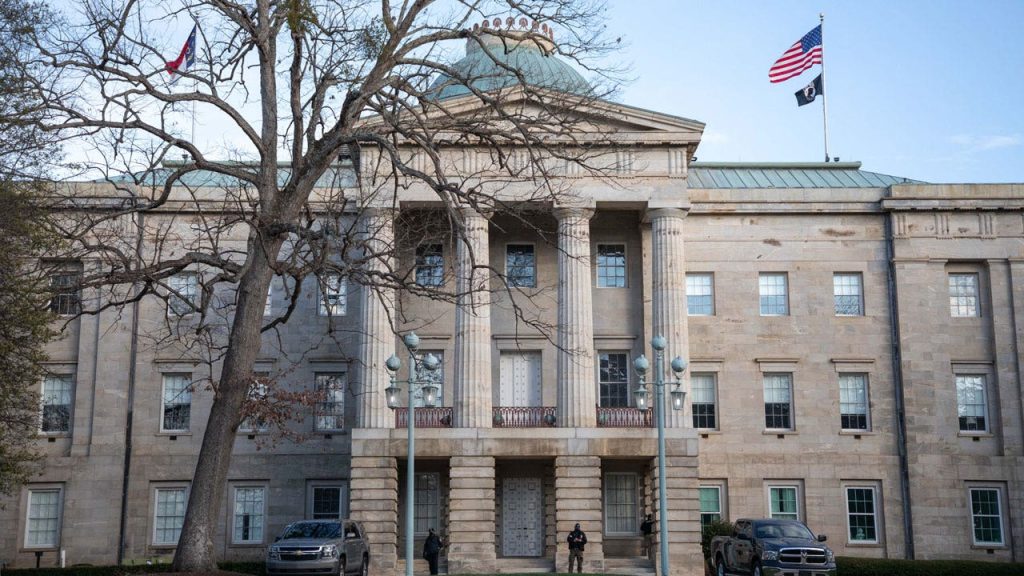Early in-person voting has begun in North Carolina for runoff elections, including one congressional and two statewide primary contests. The runoffs occurred because the candidate with the most votes in the March primaries failed to receive more than 30% of the vote. The lieutenant governor’s GOP runoff is between Hal Weatherman and Jim O’Neill, the state auditor nomination is between Jack Clark and Dave Boliek, and the 13th District nomination is between Kelly Daughtry and Brad Knott. The winners will face Democratic rivals in the fall. The runoffs are open to all registered Republicans in the state, as well as unaffiliated voters who either didn’t vote or voted Republican in the March primaries.
Early voting in all 100 counties will continue through May 11, with most counties having only one early-vote site for the runoffs. Same-day registration is unavailable during early voting due to rules prohibiting the registration of new voters between the first and second primaries. However, people who become eligible to vote during this time can both register and vote on May 14. Traditional mail-in absentee voting for the runoffs began in late March, allowing those who requested them to vote by mail.
In addition to the statewide primary runoffs, a GOP primary runoff is also being held for a Gaston County commissioner’s seat. There is also a race to fill a seat on the nonpartisan Orange County Board of Education that has different runoff rules. In the congressional race, unaffiliated voters who didn’t vote or voted Republican in the March primaries can participate. The State Board of Elections announced that early voting for the runoffs is open to all registered Republicans in the state, or in the case of the congressional race, registered Republicans within the 13th District.
The winners of the Republican runoffs will face their Democratic rivals in the fall elections, along with in some cases, Libertarian Party candidates. The North Carolina lawmakers have reconvened to address budget and voucher issues before the key elections take place. While early voting for the runoffs is ongoing, most counties offer just one early-vote site for voters. The GOP primary runoffs present an opportunity for registered Republicans and eligible unaffiliated voters to participate and choose the nominees for lieutenant governor, state auditor, and the 13th Congressional District seat.
Overall, the second primaries in North Carolina are crucial for finalizing the Republican nominees for key positions, with the winners going on to face Democratic opponents in the fall elections. Early voting for the runoffs will continue through May 11, allowing registered Republicans and qualifying unaffiliated voters to cast their ballots. Additionally, traditional mail-in absentee voting has been available since late March for those who requested it. The State Board of Elections has provided information on early voting locations and rules, ensuring a smooth and fair process leading up to the May 14 primary runoffs.


